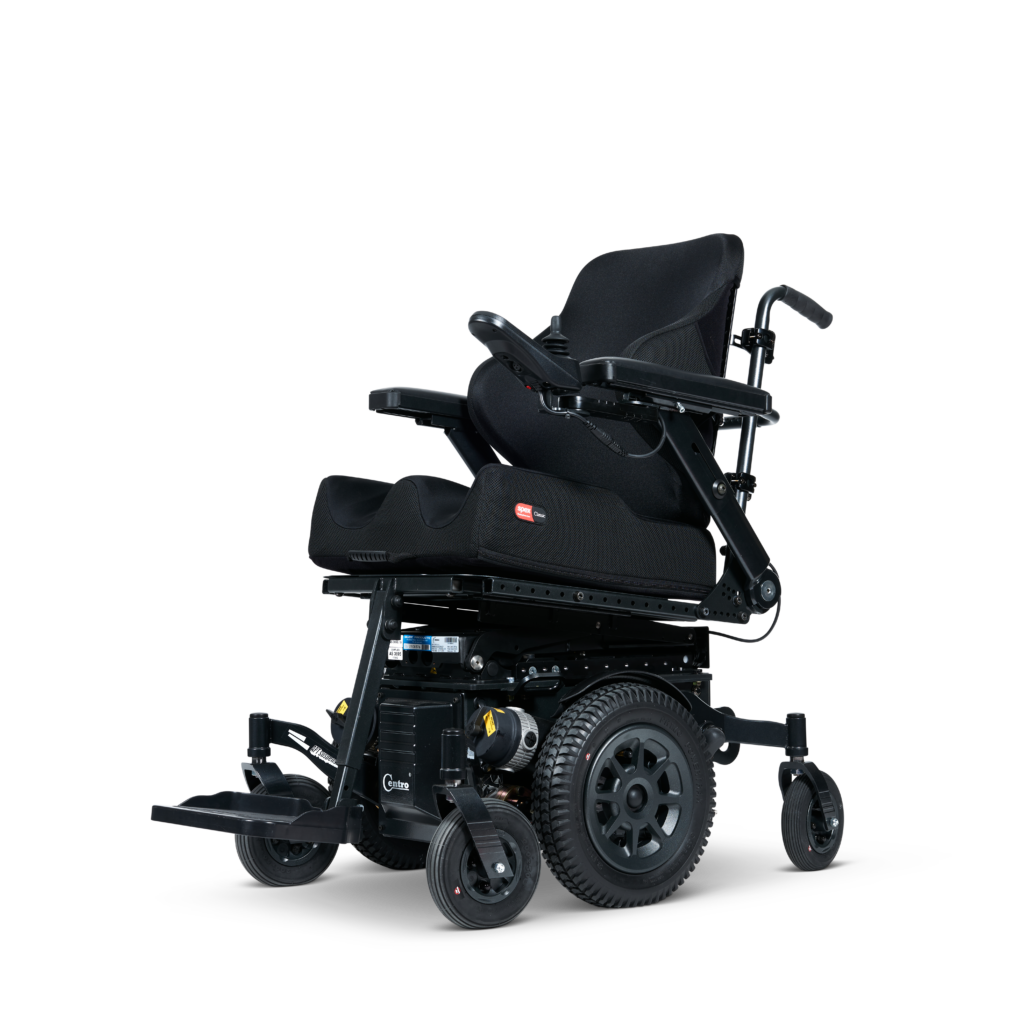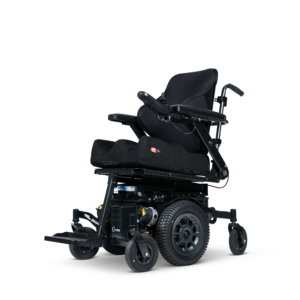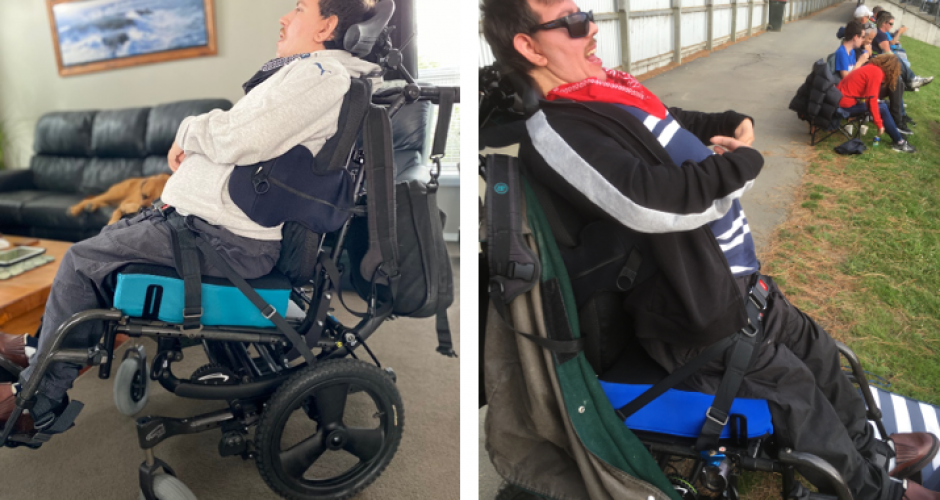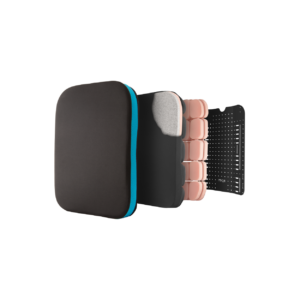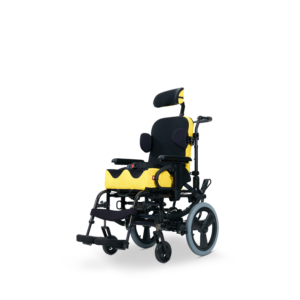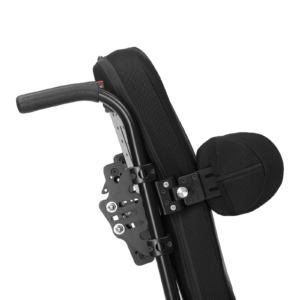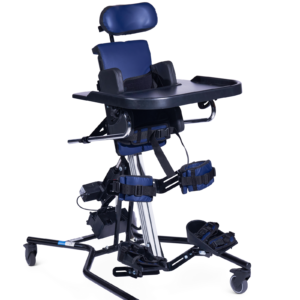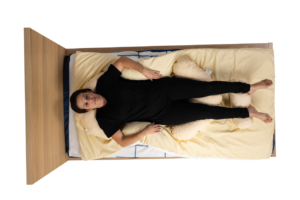In February 2020 I met Jesse and his family during a Spex backrest handover and set-up. What struck me most about Jesse was how his 24/7 posture care management routine was so carefully followed and monitored to maintain his engagement in activities he loved, whilst preserving and protecting body shape since his childhood, following a diagnosis of Cerebral Palsy.
It was, for me, a great success story; all the pieces seemed to slot into place and routines were well established. In my experience I know that it takes much work and buy-in from all parties involved and well-coordinated interventions to achieve this ‘success’, which is often marked by many challenges along the way.
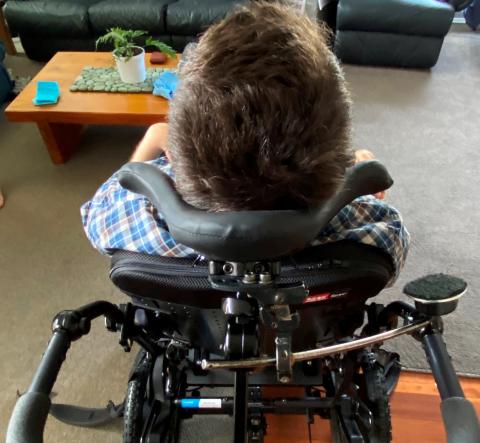 In Jesse’s case, his person-centred care and 24/7 posture management was comprised of:
In Jesse’s case, his person-centred care and 24/7 posture management was comprised of:- Multiple interventions from his childhood to his adult years,
- Resilience in the face of adversity,
- Many different positioning products for lying, sitting and standing postures,
- Many therapists’ involvement along the continuum of services from paediatric to adult years,
- Many challenges and fierce advocation of Jesse’s functional and quality of life goals,
- A total commitment by family and caregivers to follow recommended strategies and postural management guidelines to support Jesse’s posture to date.
